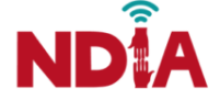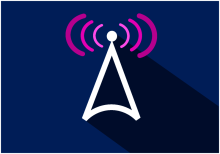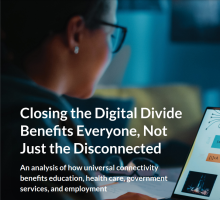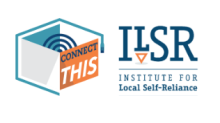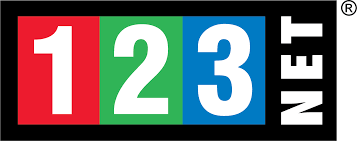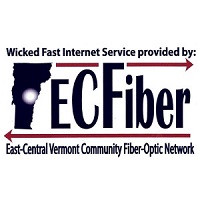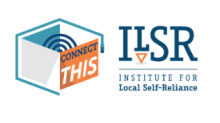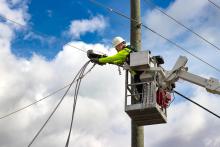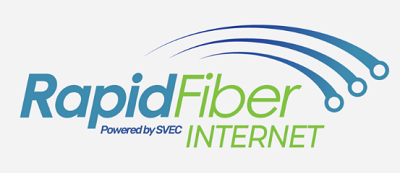Dr. Traci L. Morris on Tribal Connectivity and Digital Sovereignty in the Context of BEAD
With billions of federal dollars on the horizon to support broadband infrastructure and digital inclusion, it is essential that states, local officials, service providers, and other organizations work effectively with Tribes so that those living on Tribal lands get connected.
Last week, the National Digital Inclusion Alliance (NDIA) hosted Dr. Traci L. Morris, Executive Director of the American Indian Policy Institute (AIPI) at Arizona State University for a webinar titled “Indigenous Digital Sovereignty: From the Digital Divide to Digital Equity,” which situated Tribal broadband work and Tribal sovereignty in the context of recent federal funding opportunities like BEAD.
“Sovereignty and self-determination are critical aspects of broadband and telecommunications investments in Tribal communities. Putting in a network is an act of self-determination – it is nation-building. It is exercising sovereignty in the active sense. As the United States makes historic investments [in broadband], we must hold it to upholding its trust responsibility to our Nations.” - Dr. Traci L. Morris
A member of the Chickasaw Nation of Oklahoma, Morris has led AIPI for 10 years, and has 14 years of experience in digital equity and inclusion, network neutrality, and Tribal broadband. Morris co-authored Tribal Technology Assessment: The State of Internet Service on Tribal Lands (2019), which helped to fill a gap in quality data on connectivity needs in Indian Country.
Morris’s webinar dug into her own participatory research data investigating the digital divide in Indian Country, which was prompted by a dearth of quality data representing connectivity needs for Native Americans living on Tribal lands.


